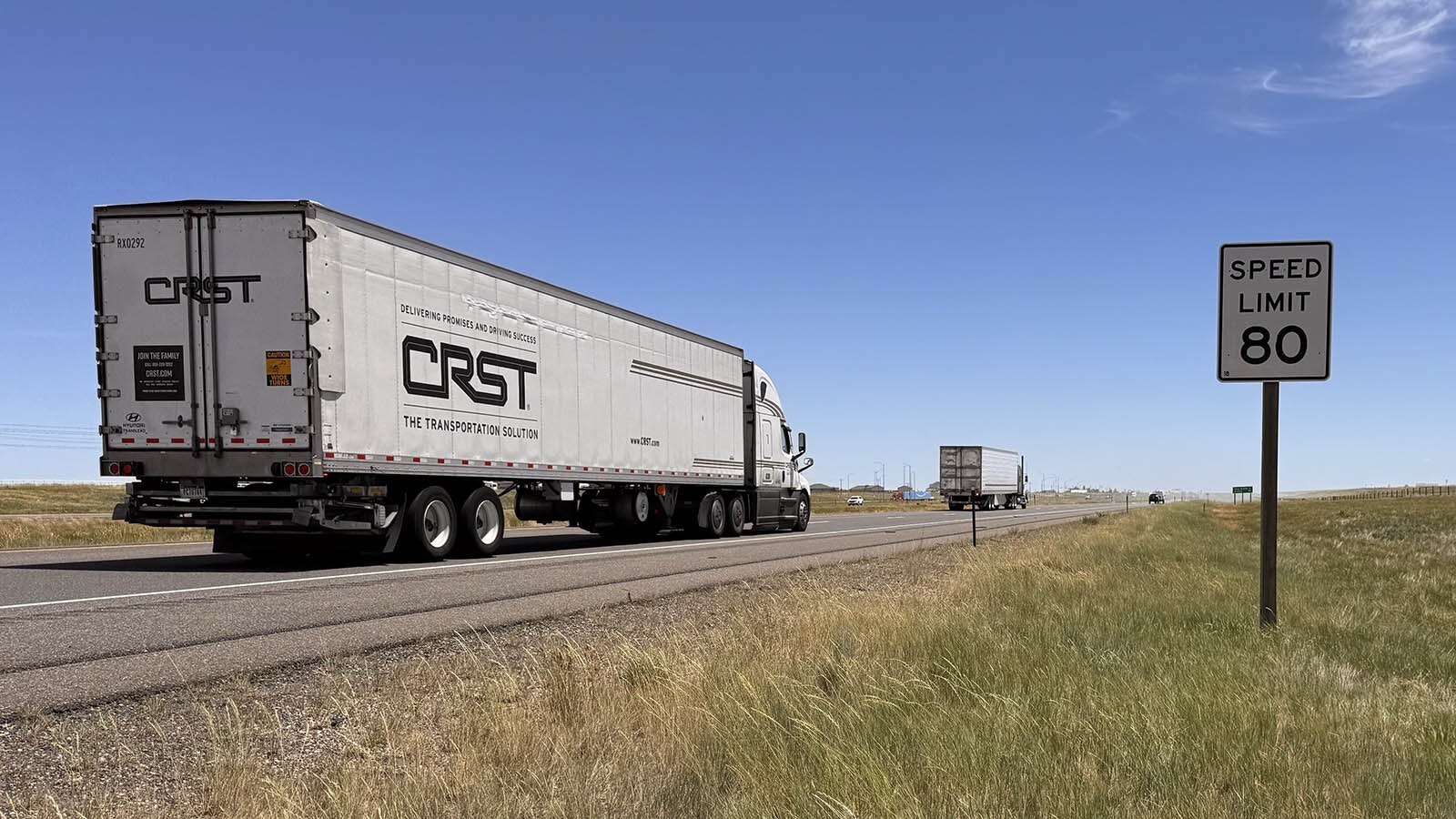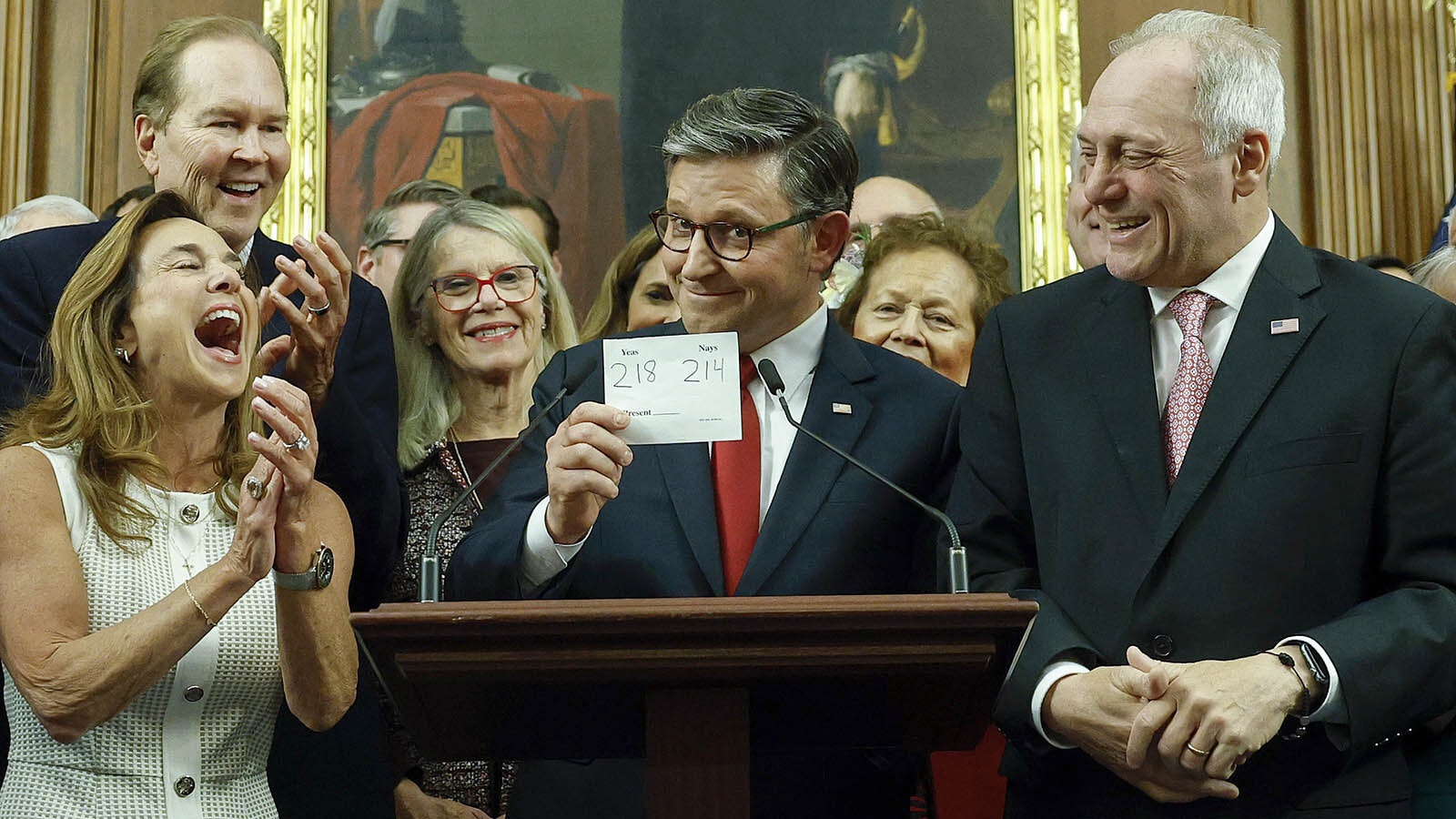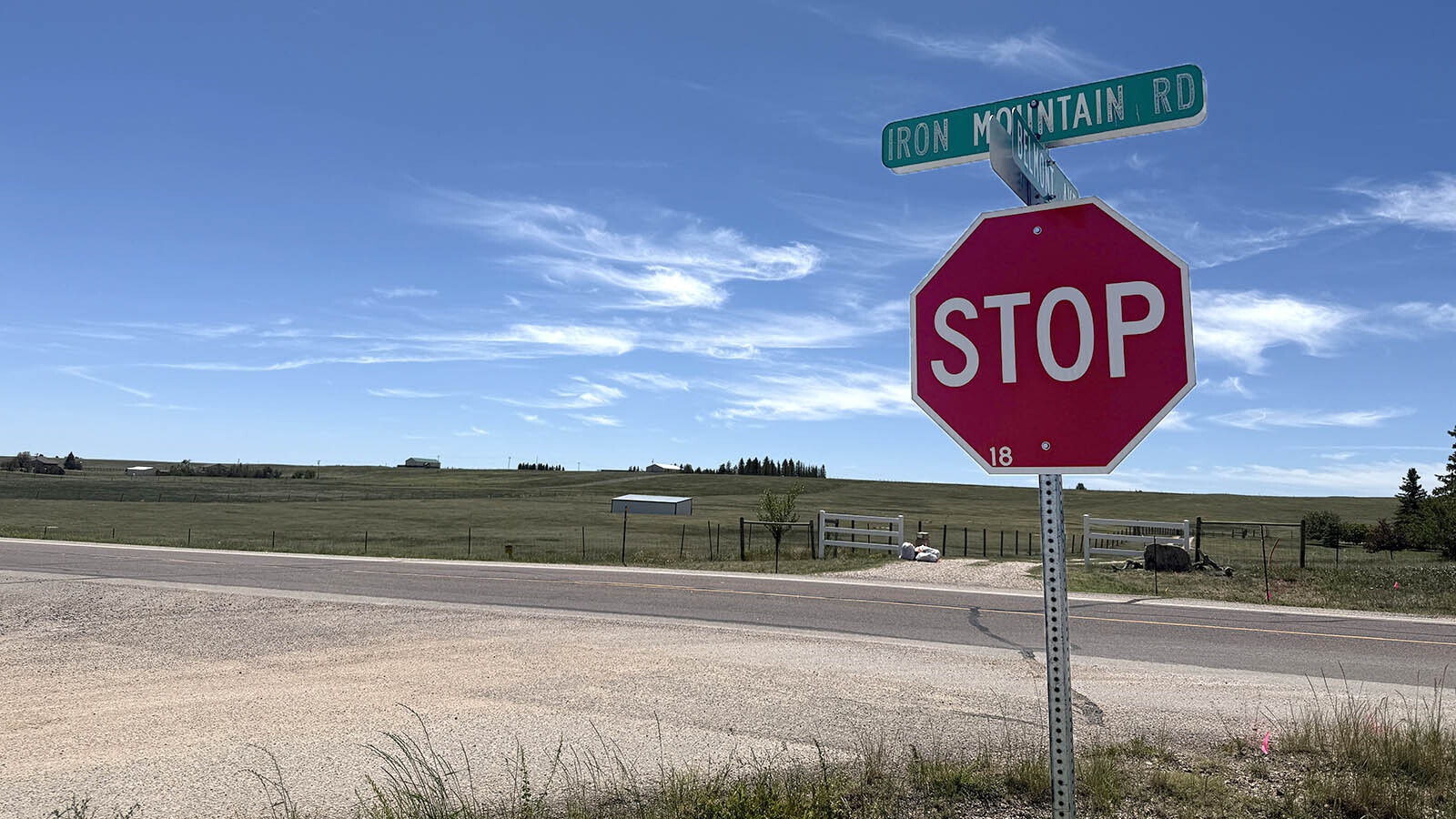Sixteen members of the Wyoming Freedom Caucus believe Wyoming has to make a swift, decisive response in fighting a new BLM rule issued last week that would end coal production in Wyoming's energy-rich Powder River Basin by 2041.
On Thursday, the state representatives sent a letter to Gov. Mark Gordon demanding he immediately pursue legal action against the federal government for its rule that mostly ends federal coal production in the Cowboy State under existing federal leases by 2041.
The order from President Joe Biden’s administration came out of the BLM’s Buffalo Field Office as a result of a 2022 order from the U.S. District Court for the District of Montana in Billings.
“As a cooperating agency under the National Environmental Policy Act, Wyoming has the legal ability — and duty — to resist the BLM’s radical move to destroy Wyoming as we know it,” the letter reads.
“We implore you to step up, fight back and protect Wyoming, first and foremost by filing a protest with the Bureau of Land Management and by preparing for a full-edged legal battle now — not later.”
Gordon was not immediately available for comment on the letter.
The Freedom Caucus describes the new BLM rule as part “of the Biden administration’s anti-American, anti-energy ‘climate crisis’ agenda.”
Gordon, who also spoke vehemently against the rule when it was announced last week, has already said he’s having Attorney General Bridget Hill pursue legal options to challenge it.
“As with the other attacks on Wyoming’s fossil fuel industries, the Attorney General is actively pursuing options to challenge these destructive decisions,” he said when the rule was issued last week.
But this commitment is not enough for the Freedom Caucus members, who believe Gordon has squandered past opportunities to protect Wyoming’s energy industries by waiting too long to file litigation.
Timing
Gordon has 60 days to comment on the rules from when they were first unveiled last week, while the public has 30 days to give its input.
The two tracks run simultaneously, which means new federal leasing on public lands in Wyoming’s coal heartland could be nixed as early as mid-July.
The BLM’s final supplemental environmental impact statement (SEIS) acknowledges that the Powder River Basin produces energy for millions of Americans through its coal production.
“Nevertheless, the BLM still chose to eliminate the nation’s largest producers of affordable, plentiful and clean energy,” the Freedom Caucus says in the letter. “In justifying the unethical and illegal decision, the agency cited Wyoming’s failure to secure a coal export terminal in Washington state.”
In its SEIS statement, the BLM mentioned how it’s unlikely a new coal terminal will be built on the West Coast at any time in the future.
In 2021, the U.S. Supreme Court refused to hear Wyoming and Montana’s lawsuit against Washington state over its refusal to license a proposed coal export terminal.
The Supreme Court never issued a comment in its rejection, but the federal government argued just a month before the final decision came that the case hadn’t been filed quickly enough.
“The state, at your direction, filed our case too late for it to be heard in a timely manner,” the Freedom Caucus letter to Gordon reads.
The federal government argued that Wyoming’s lawsuit over Washington’s blockage of the coal port was moot because the project had already died after its parent company declared bankruptcy and no longer planned to build the coal terminal.
In 2021, the Wyoming Legislature set aside $1 million to help Gordon’s office pursue the lawsuit and potentially file others against states with policies leading to the early shutdown of Wyoming coal-fired power plants.
But Washington’s block of the coal terminal started in 2017, and in 2019, Gordon vetoed an initial bill that would have initiated litigation at that time.
This isn’t the first-time conservatives in Wyoming have complained about Gordon’s timeliness in filing lawsuits.
Earlier this month, Secretary of State Chuck Gray sharply criticized the governor for not filing a lawsuit against Biden’s new proposed Title IX rules, which may prevent bans on transgender athletes participating in certain sports.
Gordon eventually had Wyoming join a lawsuit on the matter about a week after Gray complained.
Larger Fight On Coal
The Biden administration has taken a negative outlook on coal and other fossil fuels in its effort to fight climate change. The rule was chosen after considering air quality, greenhouse gas, climate change, public health, socioeconomics and environmental justice.
Under the rule, an estimated 4.36 billion short tons of coal now under lease by the Powder River Basin’s 12 surface mining operations would be required to wrap up production by 2041.
Last month, the U.S. Environmental Protection Agency issued environmental rules designed to regulate coal and natural gas-fired power plants out of existence over the next decade and undermine Wyoming’s economy.
On May 9, Gordon filed a pair of lawsuits challenging the rules that push the relevance of coal as a revenue stream to the backburner in America.
As the market for domestic thermal coal continues to shrink at an accelerated pace, the Powder River Basin has seen its coal production slashed to less than half of what it was a decade ago.
Leo Wolfson can be reached at leo@cowboystatedaily.com.





